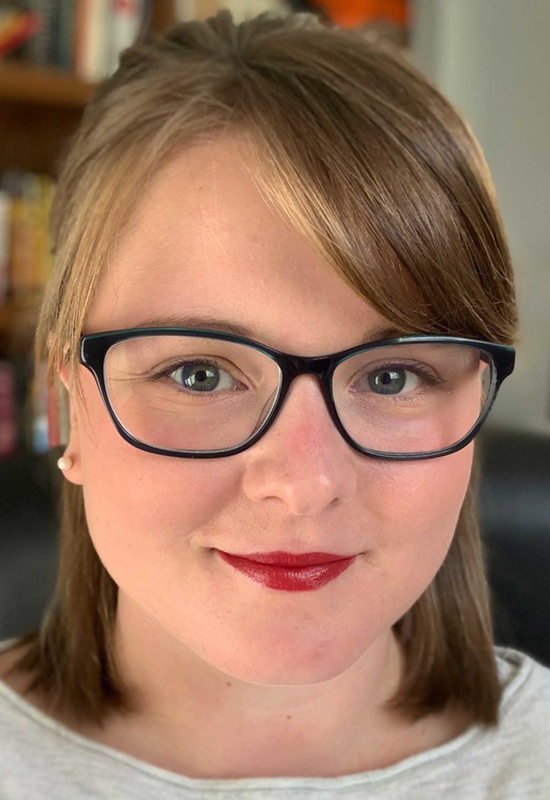Ph.D. archaeology student, SSHRC Fellow
 A voracious scholar of science and history, Samantha Ellens’ interest in unearthing artifacts began in grade school.
A voracious scholar of science and history, Samantha Ellens’ interest in unearthing artifacts began in grade school.
“A friend and I would actually bring paintbrushes out onto the playground to excavate rocks from the schoolyard. My mom would get so mad at all the rocks she’d find in the laundry.”
Now a Ph.D. candidate in anthropology focusing on archaeology, and a Social Sciences and Humanities Research Council (Canada) Doctoral Fellow, Samantha never outgrew the desire to excavate.
A dual Canadian and US citizen, she first chose to pursue a master’s at Wayne State because the Good Neighbor Policy allowed her to pay in-state tuition rates as an Ontario resident. She stayed for the university’s top-tier research facilities and the city of Detroit.
“The campus in Midtown is an excellent home base,” Samantha says.
Here, archeologists have access to rich historical collections and dig sites, like Roosevelt Park in Corktown and Village Hall in Hamtramck. Public excavations are held at these sites so archeologists and trainees can share what’s going on with the community.
Unearthing Detroit, a public archeology project of which Samantha is a member, has an outreach program called Time Jumpers based on the same idea: that cultural artifacts are a part of shared history and should be accessible to the public. Run by Wayne State graduate students, the program introduces local middle schoolers to archeology through hands-on activities, including cookie excavations and presentations that integrate local artifacts.
The portable learning initiative doesn’t aim to create archeologists, but to develop a sense of cultural stewardship. For Samantha, it’s encouraging to see the students’ eagerness to learn, even after the Time Jumpers leave the classroom.
“One principal even followed up with us to report that the school librarian had a surge of student requests for books on archaeology after our visit,” demonstrating students are often inspired to learn more on their own, she says.
Despite her love for Detroit, the focus of Samantha’s doctoral research lies far from home. It was on a research trip as a master’s student to the Caribbean Island Montserrat that piqued her interest in the citrus lime industry’s contributions to socioeconomic transformations in the post-emancipation Lesser Antilles, her current dissertation topic.
At first glance, it may seem this has little in common with her work in Detroit.
Sure, the “flora and fauna” differ, but in both cases, the research “engages with the histories of underrepresented, everyday people—those ‘without a voice,’ who don’t often end up in the written record,” she says. “My job as a researcher is to provide a more inclusive, perhaps alternative, narrative when approaching the past.”
Her public outreach in Detroit helped boost her confidence to do the same in the Lesser Antilles, to go out and “build my own rapport, gain permissions, and local support.”
After graduation, Samantha doesn’t want to only contribute to the academic community, but also continue engaging with the public “to foster understanding and appreciation for the world around us.”